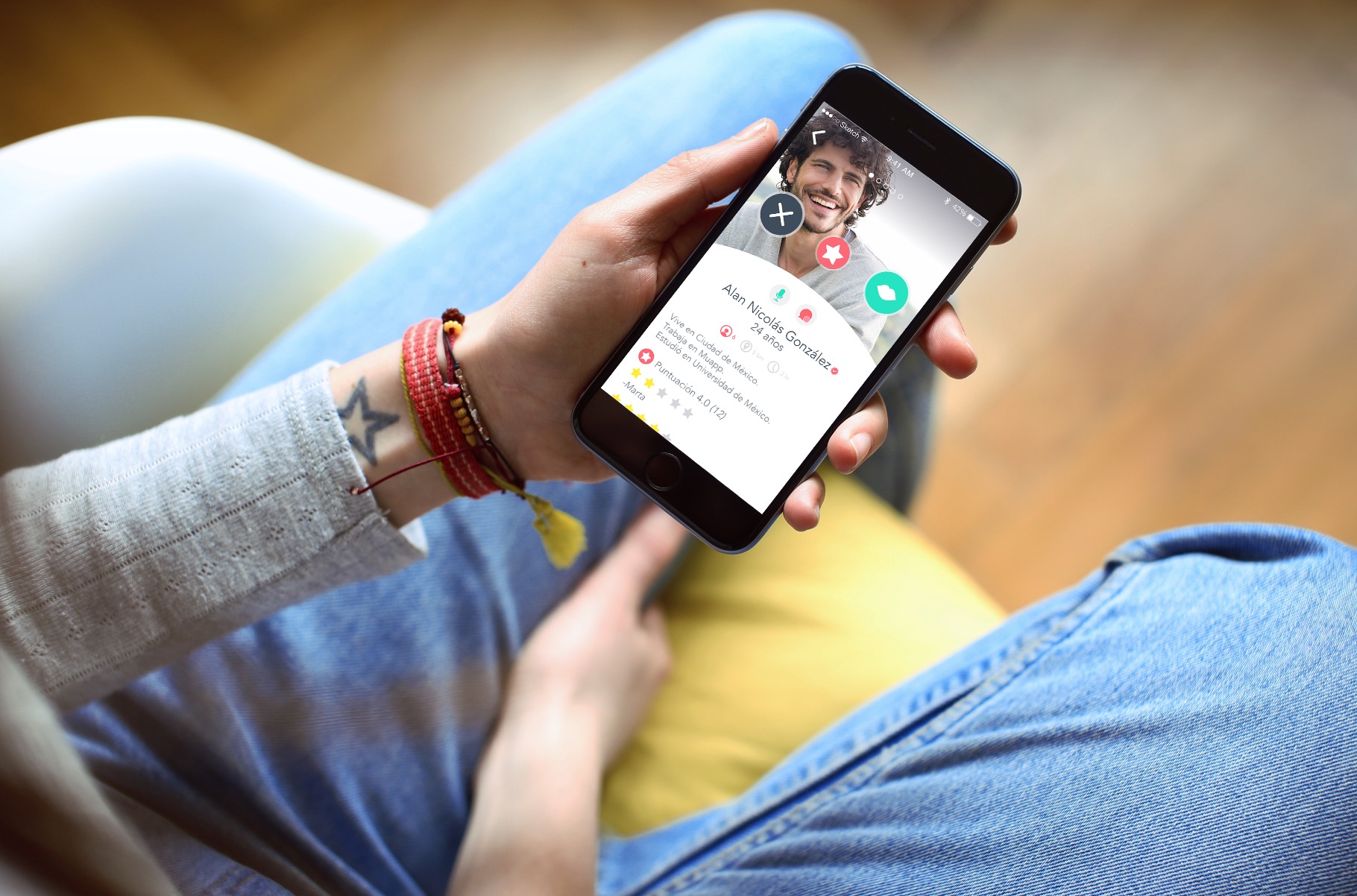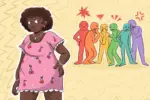Back in the day, admitting you had tried online dating was sure to raise eyebrows and at least a few reactions of pity. Now, everyone around you is swiping through options in their spare time.
As a college student, you are likely pretty familiar with the concept of online dating — there are only so many people to meet in your Astronomy 101 class. Tinder and Bumble are the most popular dating apps, but they aren’t the only ones.
I’m here to walk you through some of today’s most widely used or interesting apps. After all, cuffing season is rapidly approaching, and you’re going to want to be using the best hookup apps out there recommended by experts.
1. Tinder
Ah, Tinder. Perhaps the most well-known dating app on the scene, Tinder was largely responsible for shaping the online dating world as we know it and is almost as easy as buying a term paper. Users are asked to post up to six photos of themselves as well as a short bio, which other users can swipe yes or no on.
If you and another person both swiped right, you have a match. Tinder has a huge user base, so if you ask all your friends where they met their significant other or current hook-up, there’s a good chance it’s Tinder. Unfortunately for women, Tinder is usually the source of those creepy messaging-gone-wrong stories you’ve read about.
2. Bumble
Bumble is a refreshingly feminist take on dating apps in a world full of unsolicited and inappropriate messages. Bumble users create a fairly typical profile, featuring several photos and a bio, and it employs the same left or right swipe idea, but once you are matched with someone, the woman must message first within twenty-four hours.
While it obviously can’t negate all the possible creepiness of dating apps, it’s an empowering take on the idea and likely a nice break for men tired of always sending the first message. Another cool feature is Bumble BFF mode, which applies the same interface, but for matching up with new potential friends instead of romantic interests.
3. Hinge
If you’re tired of swiping left and right after a two second glance at a few photos and overused bio (side note: using your Chipotle order was funny the first time, but not so much thirty times later), then Hinge may be for you. This app allows you to create a detailed and full profile where you can add stories and pictures.
It’s designed to be about deeper connections and to facilitate more interesting conversation, making it a much better choice for those looking for a relationship. Hinge also operates by relying on your Facebook friends to make connections, so it filters out some of the randos. The only catch? A $7/month membership fee.
4. Coffee Meets Bagel
Also perceived as more of a “dating” app than a hook-up app, the relatively new Coffee Meets Bagel is a huge hit among women, boasting a 60-40-gender ratio. On this app, you can create a more fleshed-out profile, and then are sent one “bagel” a day, meaning a potential match’s profile, you also get a limited number of “maybe” profiles to look through, but only around thirty.
If you mutually like each other, you’re connected and have eight days to message each other. If you write an ice-breaker, the app will even conveniently send one to a person you’re matched with.
5. Happn
Happn is great for people who want to take advantage of possible matches right in your neighborhood. The app works by showing you people’s profiles and telling you the last place and time you were near to each other.
The only people you can be matched with are those you’ve crossed paths with in real life, so you likely won’t get scammed out of $5,000 by a convincing-looking bot. Once you and a person mutually like each other, you’re able to start chatting. While Happn uses your GPS to create matches, it never displays your location to other users.
6. OkCupid/Match.com
The granddaddies of online dating, these two sites are hallmarks of the original online dating scene when people actually had to use computers instead of swiping on their phone while stuck in traffic. Both OkCupid and Match.com let users fill out a lengthy and complete profile, giving other romantic prospects a good look into their personality. However, to make the Most of
However, to make the Most of Match.com you’ll need to pay at least $21 for six months, whereas OkCupid allows anyone to send messages to you. Bear in mind that the audience for both sites is a little older than the others.
7. JSwipe/Minder/CDate
These three apps are created for people who are interested in the online dating scene, but also want to find someone who shares their religious beliefs. Like many dating apps, they require logging into your Facebook account, but don’t post anything to your profile.
JSwipe is designed for people who want to meet other Jewish people, Minder for people who wish to meet other Muslims and CDate for people who are looking for other Christians.
8. Hater
Perhaps one of the most interesting dating app concepts on the scene, Hater is unique in that it allows you to match with users who hate the same things that you do. Launched just this year, Hater lets users to swipe in four different directions to choose if they like, dislike, love or hate a concept, activity or person.
Some examples include biting ice cream, zombie movies and blacking out. You’re able to see a person’s opinion on these various topics and choose to swipe from there. Like many apps, you can only message once you’ve been mutually matched, but individual to Hater is that it doesn’t display a potential match’s education or job (good or bad, depending on your priorities.)
9. Her
Unfortunately, most dating apps are pretty heteronormative. Even if they have a setting that allows you to match with the same sex, the vast majority are overall designed for the straight dating experience and limit how someone can self identify.
However, Her allows for a more targeted experience for the LGBTQ community. Her, largely geared toward women, is designed for those who identify as lesbian, queer or bisexual. In addition to functioning as a dating gap, you can also find local events and read and share content. (Honorable mention: OkCupid, which has twelve different options for sexual orientation and twenty-two for gender identity.)

















